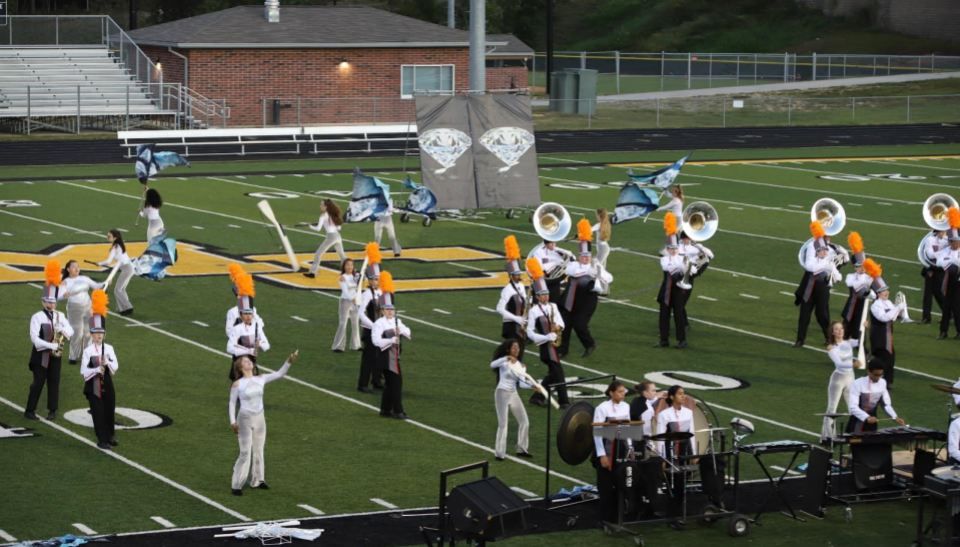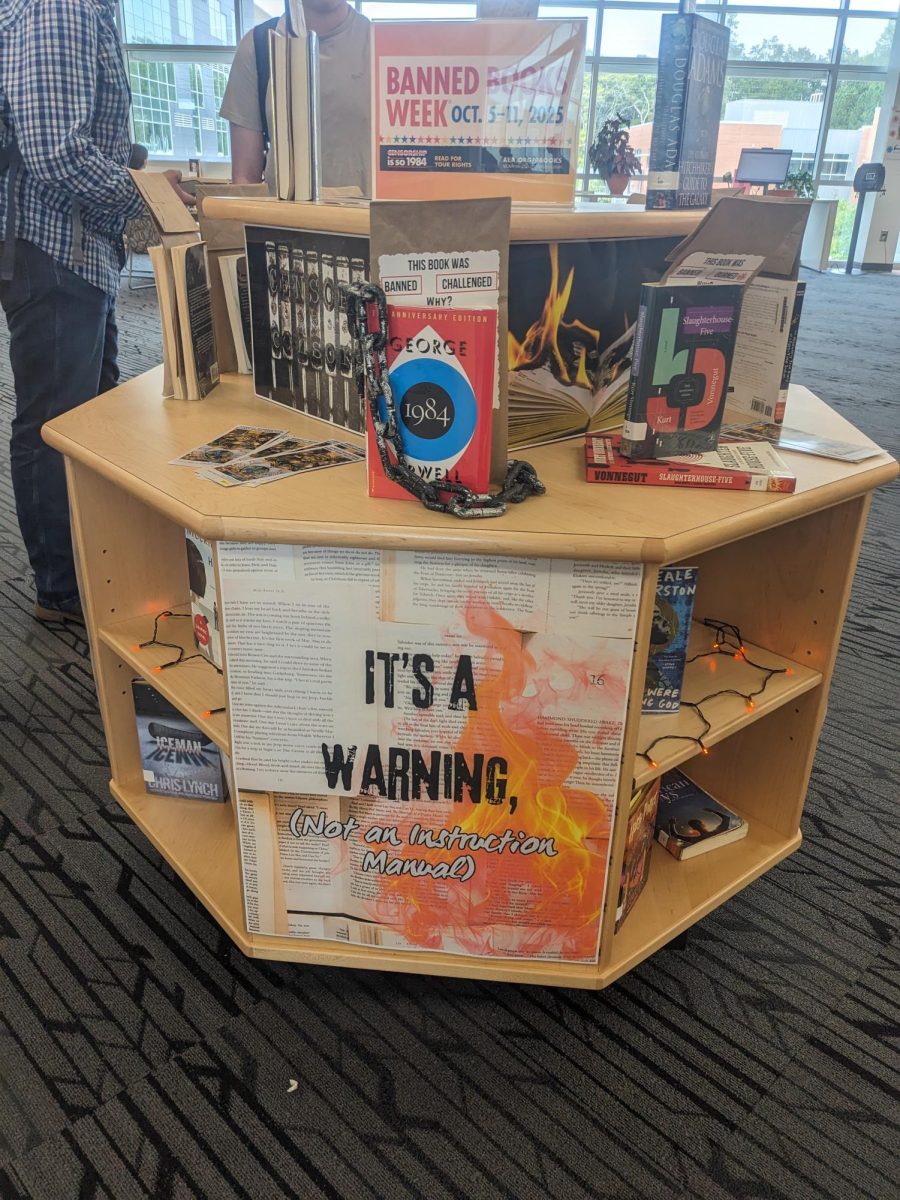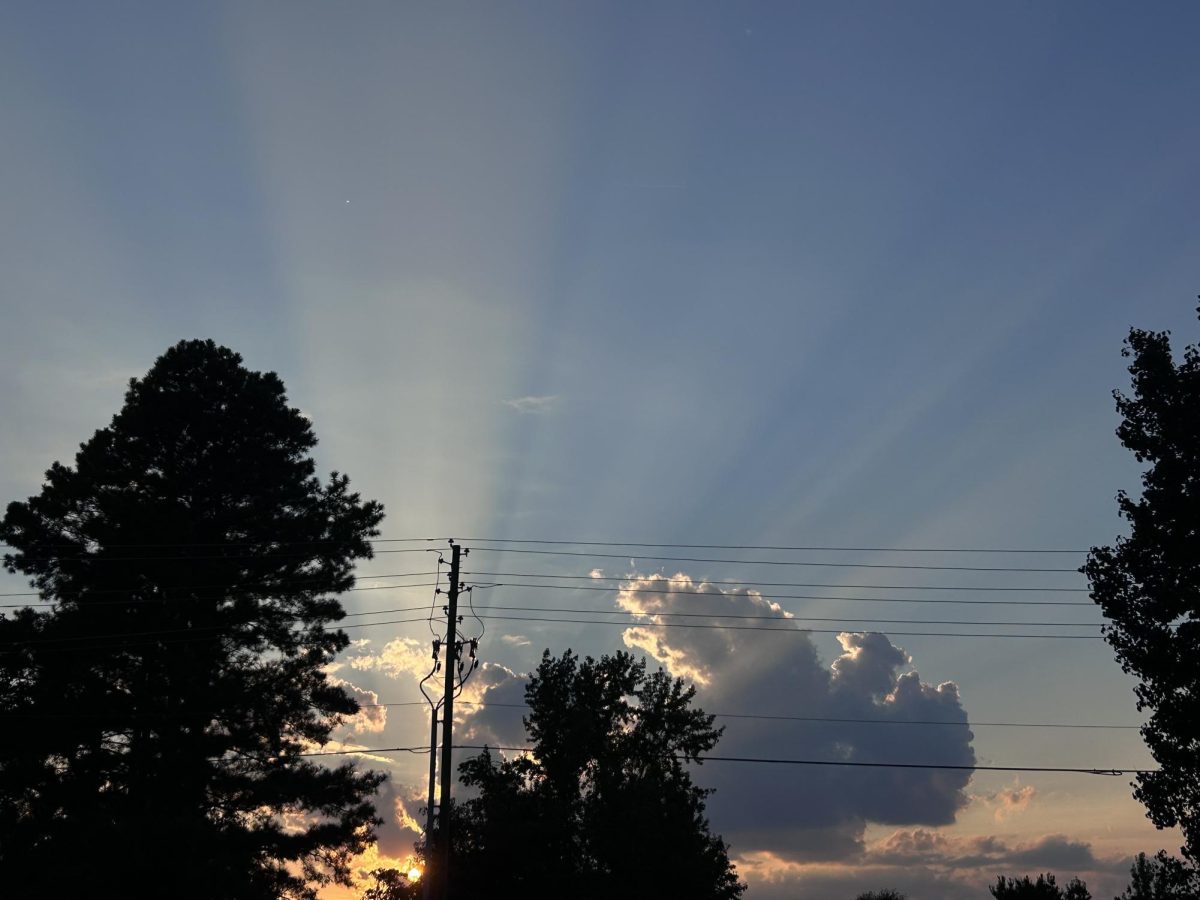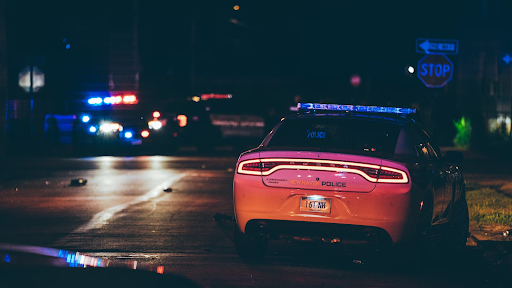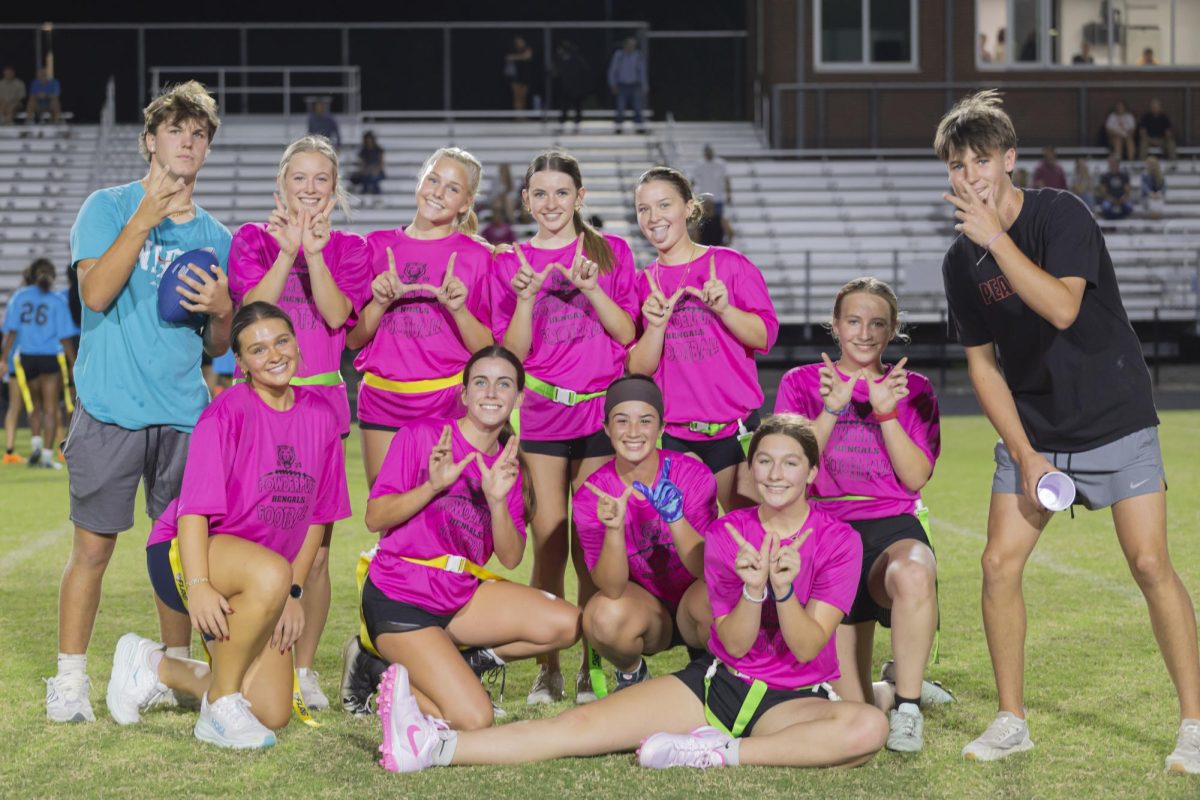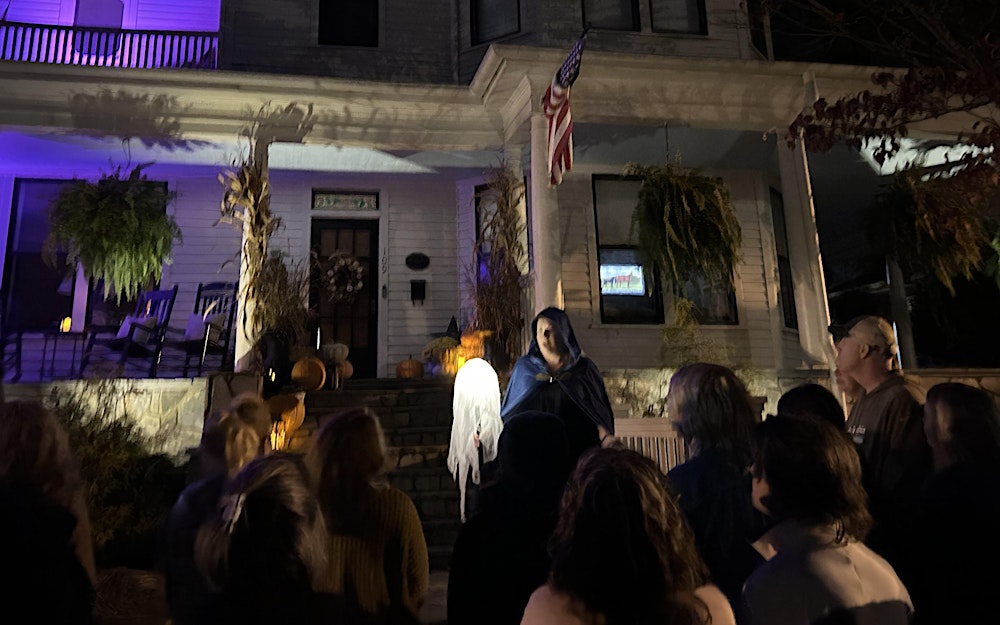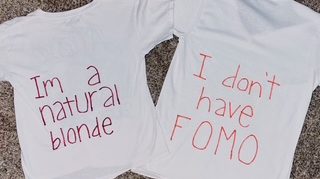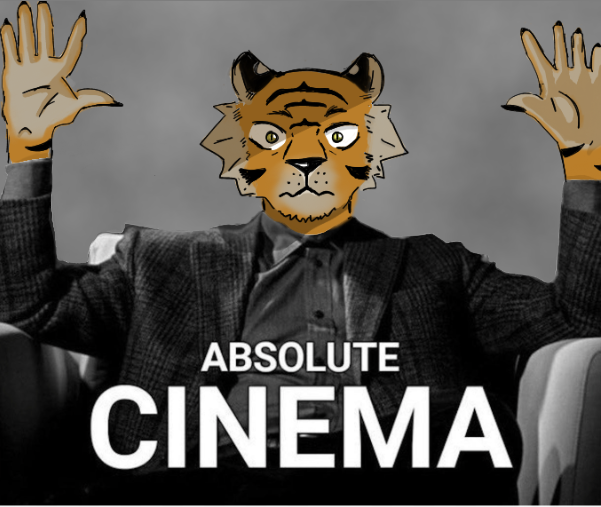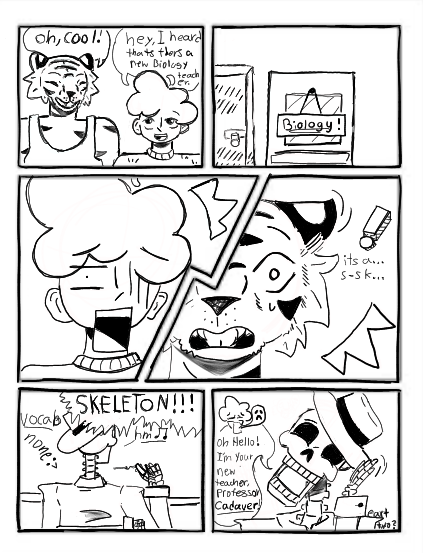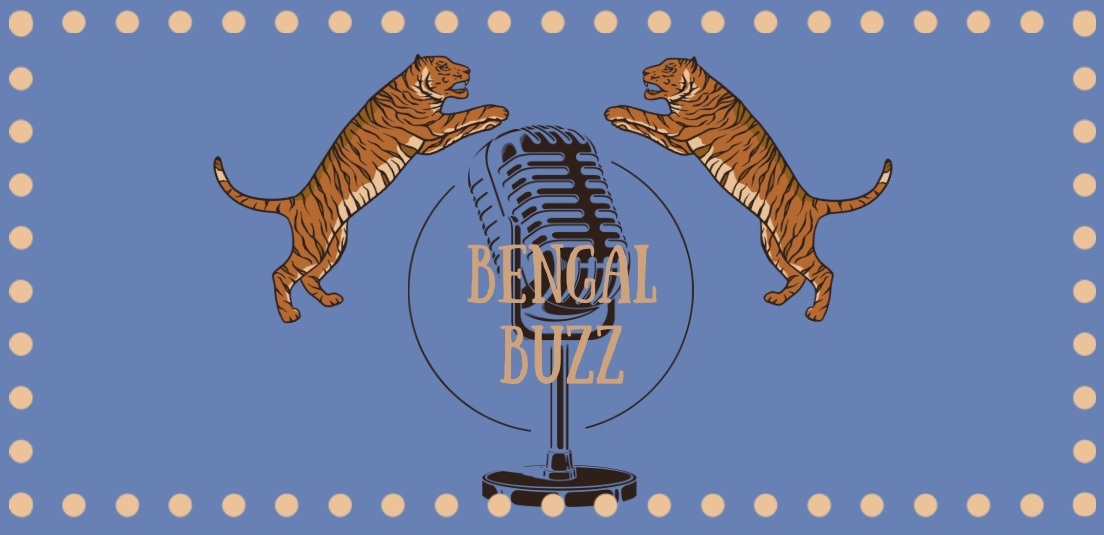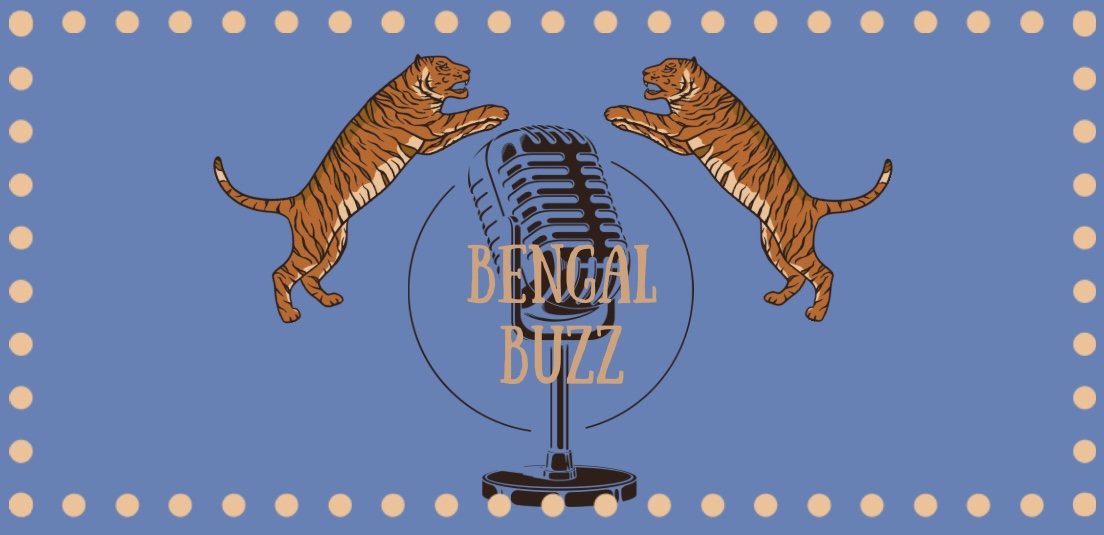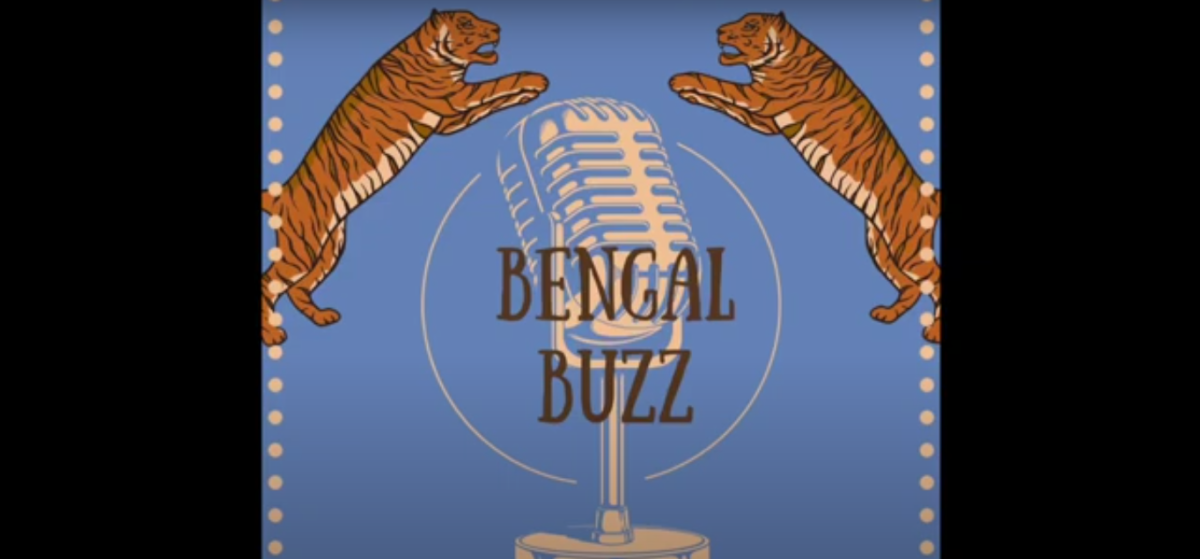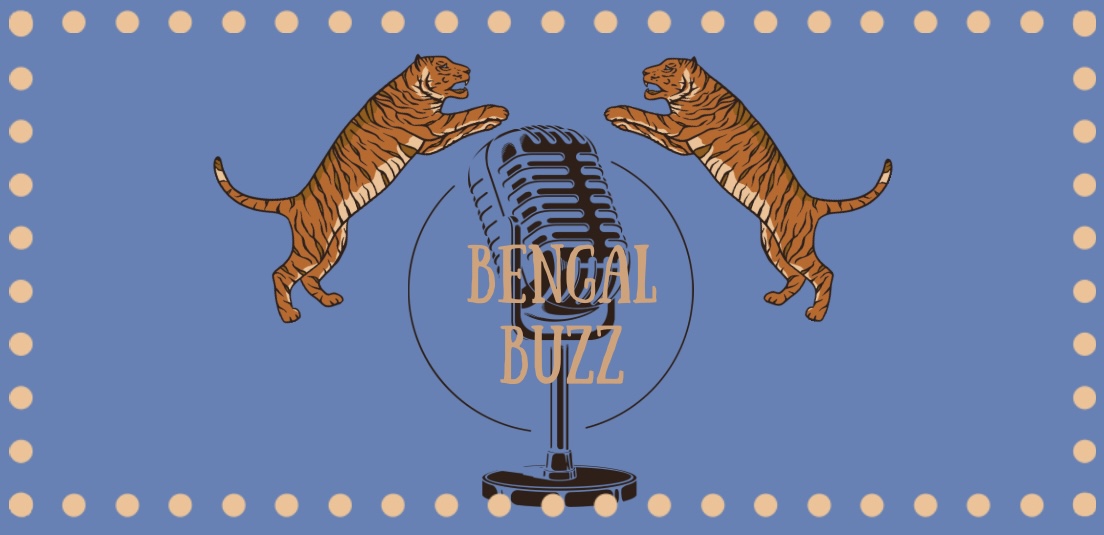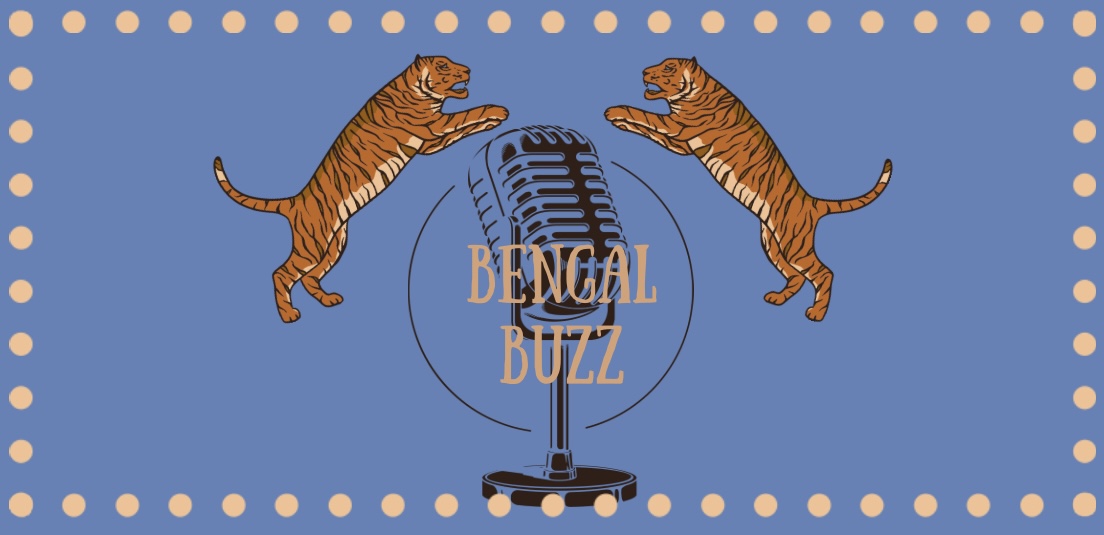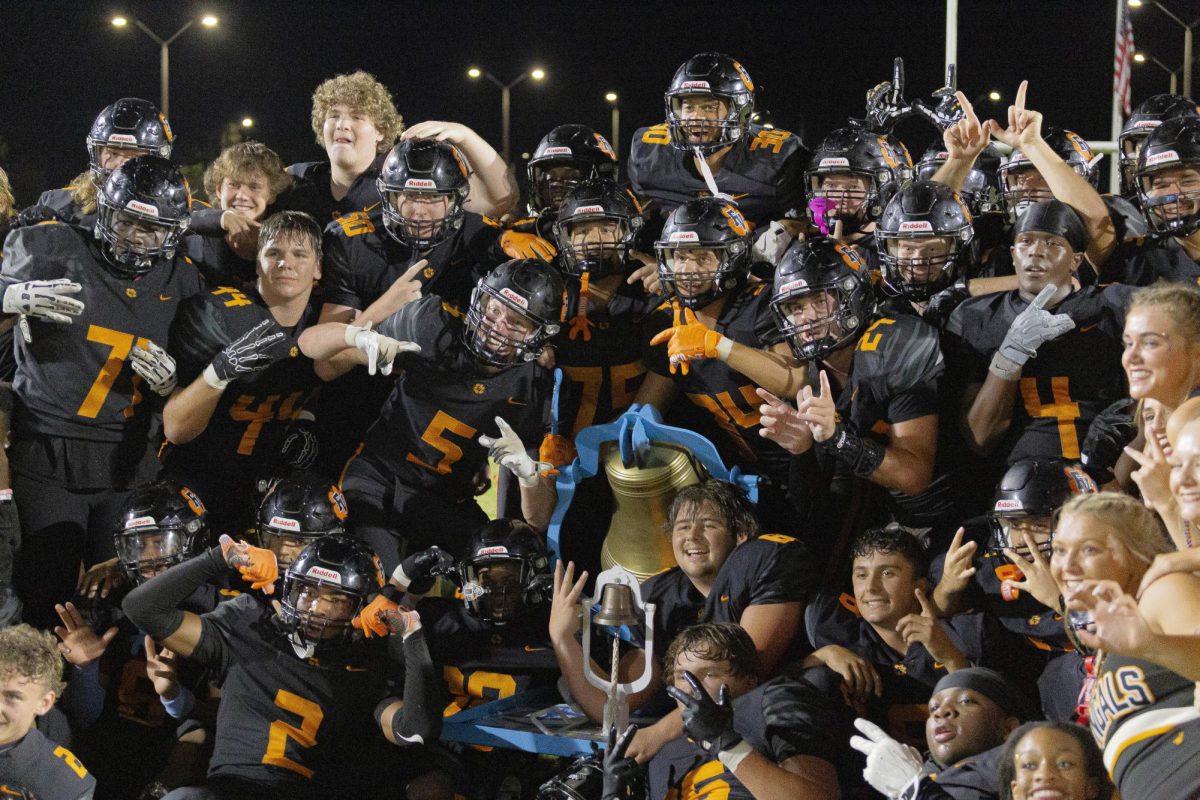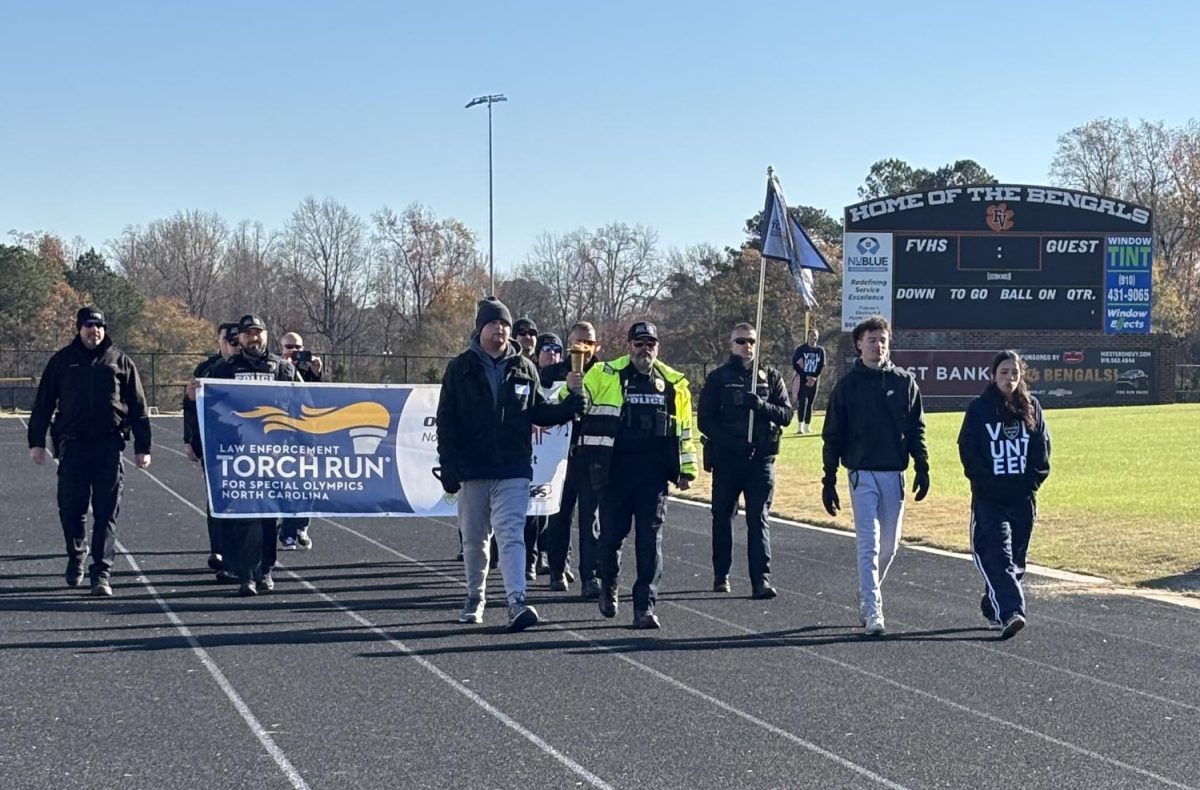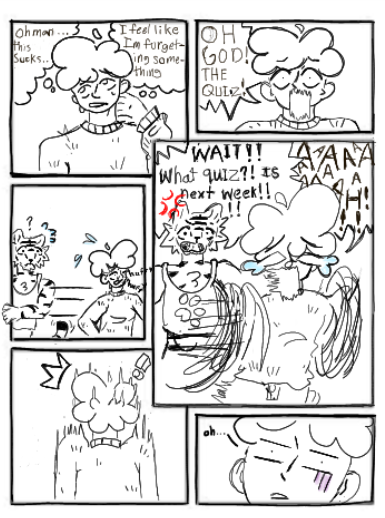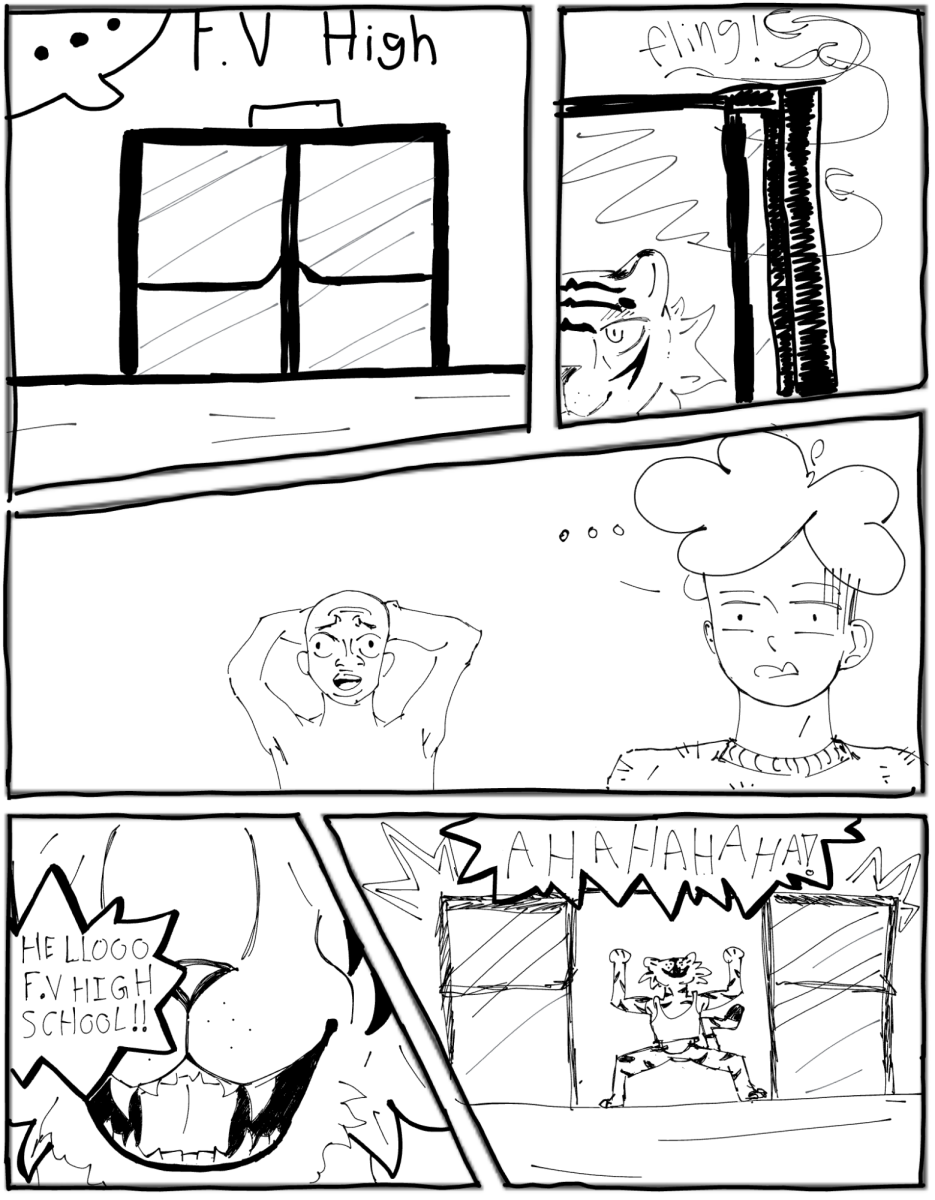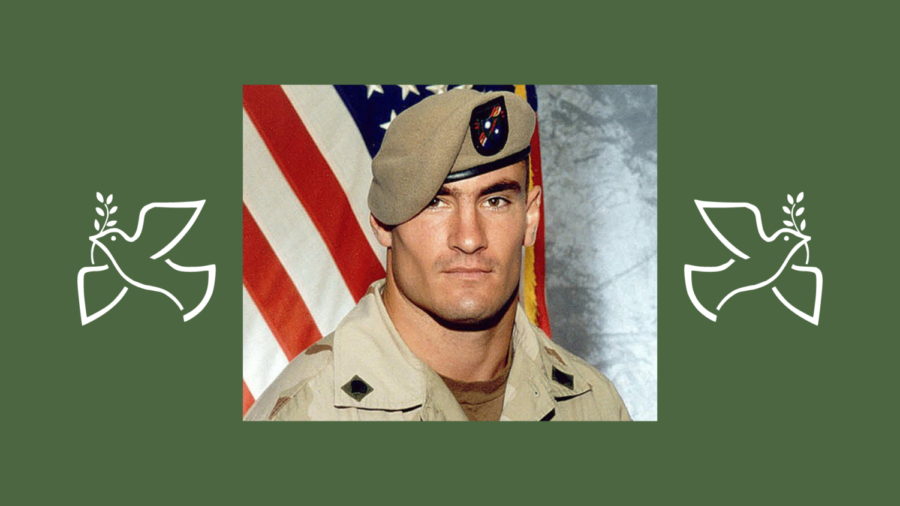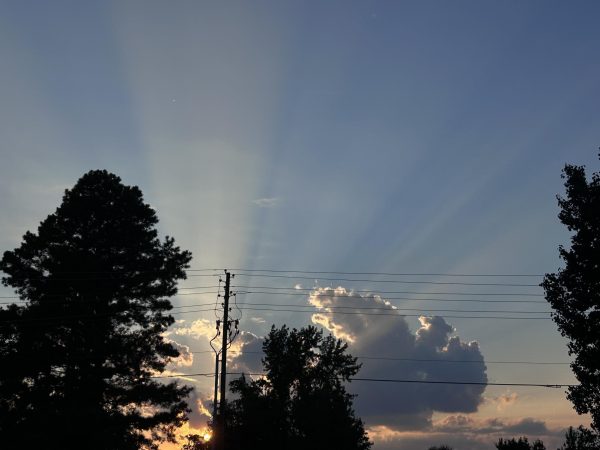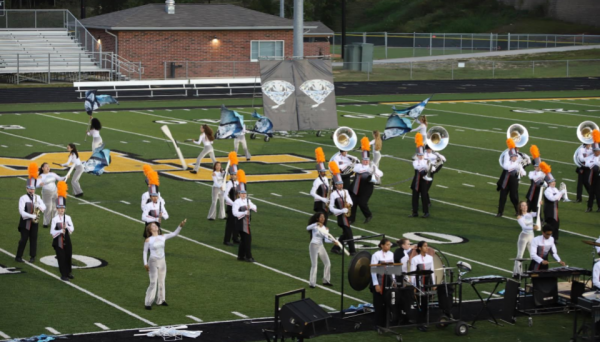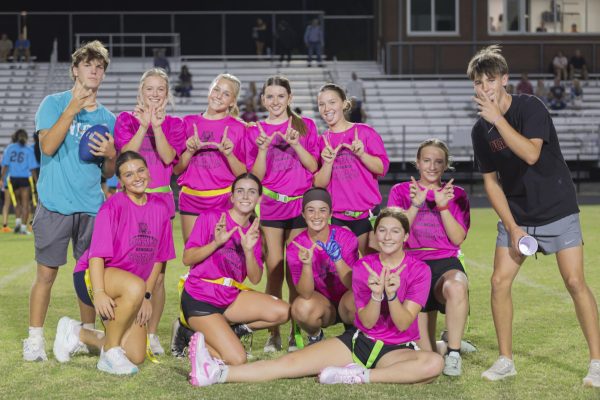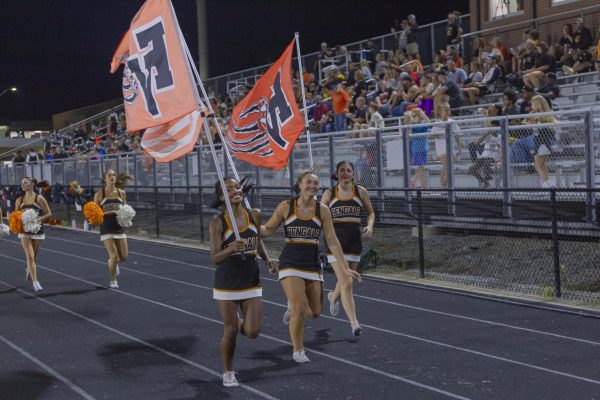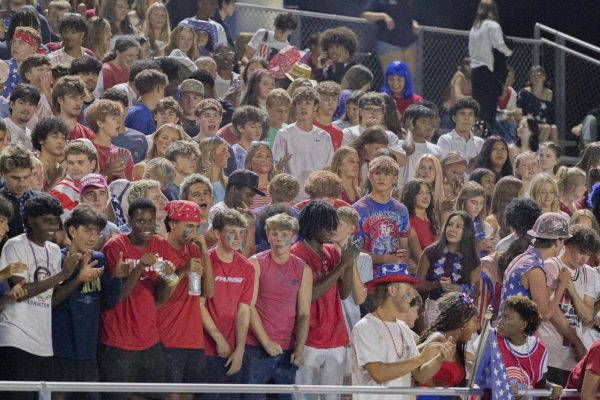Pat Tillman’s legacy is paraded rather than celebrated
The Super Bowl is a time of celebrating not only sports but the United States in general, and one person who often gets used as an example of both groups is Pat Tillman. He is a symbol of American pride and sacrifice in the wake of 9/11, but would he want us to celebrate him publicly for this?
Tillman, despite playing defense in the NFL for the Arizona Cardinals and looking like he could switch places with Arnold Schwarzenegger in just about any movie, was reported to always be accompanied by a book. He left his NFL contract to go join the Army Rangers in the spring after the 9/11 attacks.
He read voraciously and thought deeply about it, those around him said. He took his time to think out his decision to join and not make an impulsive call.
So when Tillman made comments calling the Iraq war illegal, they were thoughtful remarks of his. In that war, he would experience some of its worst kinds of events.
That was when something tragic and far too common happened to Tillman on April 22, 2004, when his own soldiers mistakenly fired on him. He and an Iraqi soldier were both killed.
“[He said] I don’t want them to parade me through the streets,” Spc. Jade Lane recalled one of his conversations with Jon Krakauer, the author of a book on Tillman titled “Where Men Win Glory: The Odyssey of Pat Tillman.”
Unfortunately, after his death the worst kind of parading occurred, one under false pretenses.
The news soon reached the White House, where they were keeping tabs on the football star turned Army Ranger. This news should have come as bad news on top of the worsening situation of the Iraq war, but the Bush administration saw a way to twist the story for their own gain.
Rather than telling the family about the death of their son, as was policy, his death was reported to the press as a heroic story of gallantry against the enemy. Even his brother, Kevin, who was in the same unit as him, was deliberately kept in the dark about the circumstances of his death.
It wasn’t until after several investigations, pushed for by his mother, that it was revealed that his death was an incident of fratricide. More disturbing, all of his equipment and belongings were burned which is against military protocol.
All of these actions appeared to be to slow down the media from finding out that the NFL player in the Army was killed by his own men. This is the parading that he talked about before he died in a war he called illegal.
So when the commercial on Super Bowl Sunday played and used his legacy to further tie him to veterans and war dead, is it something he would want?
It cannot be known exactly what he’d want his legacy to be, but it’s safe to say that he didn’t want to become solely known for his service and especially not to be the face of it. For the sake of respecting his will, it’s best that we find another face for sacrifice in the wake of 9/11, someone who would prefer their death be honored in that way.
Your donation will support the student journalists of Fuquay-Varina High School. Your contribution will allow us to purchase equipment and cover our annual website hosting costs.

